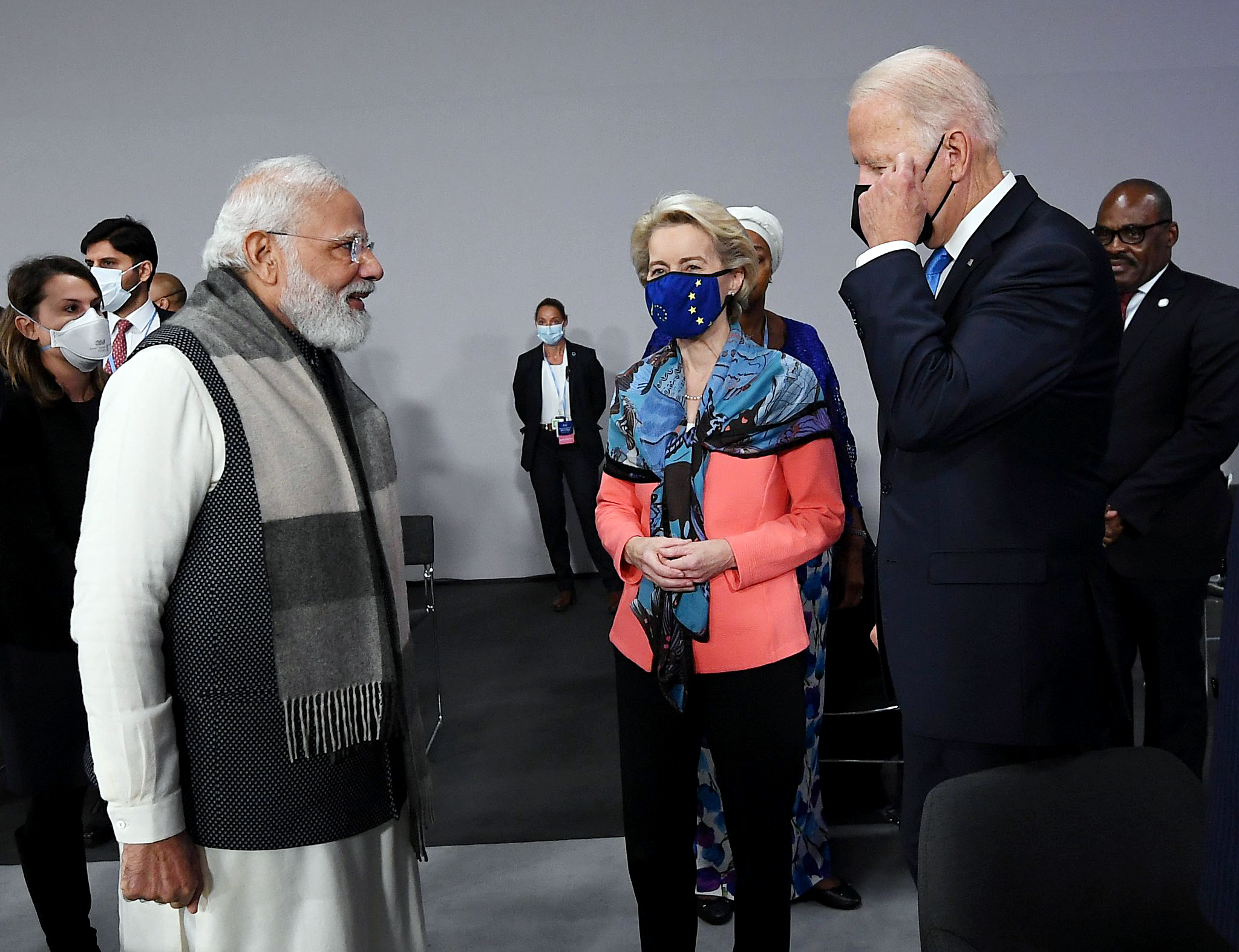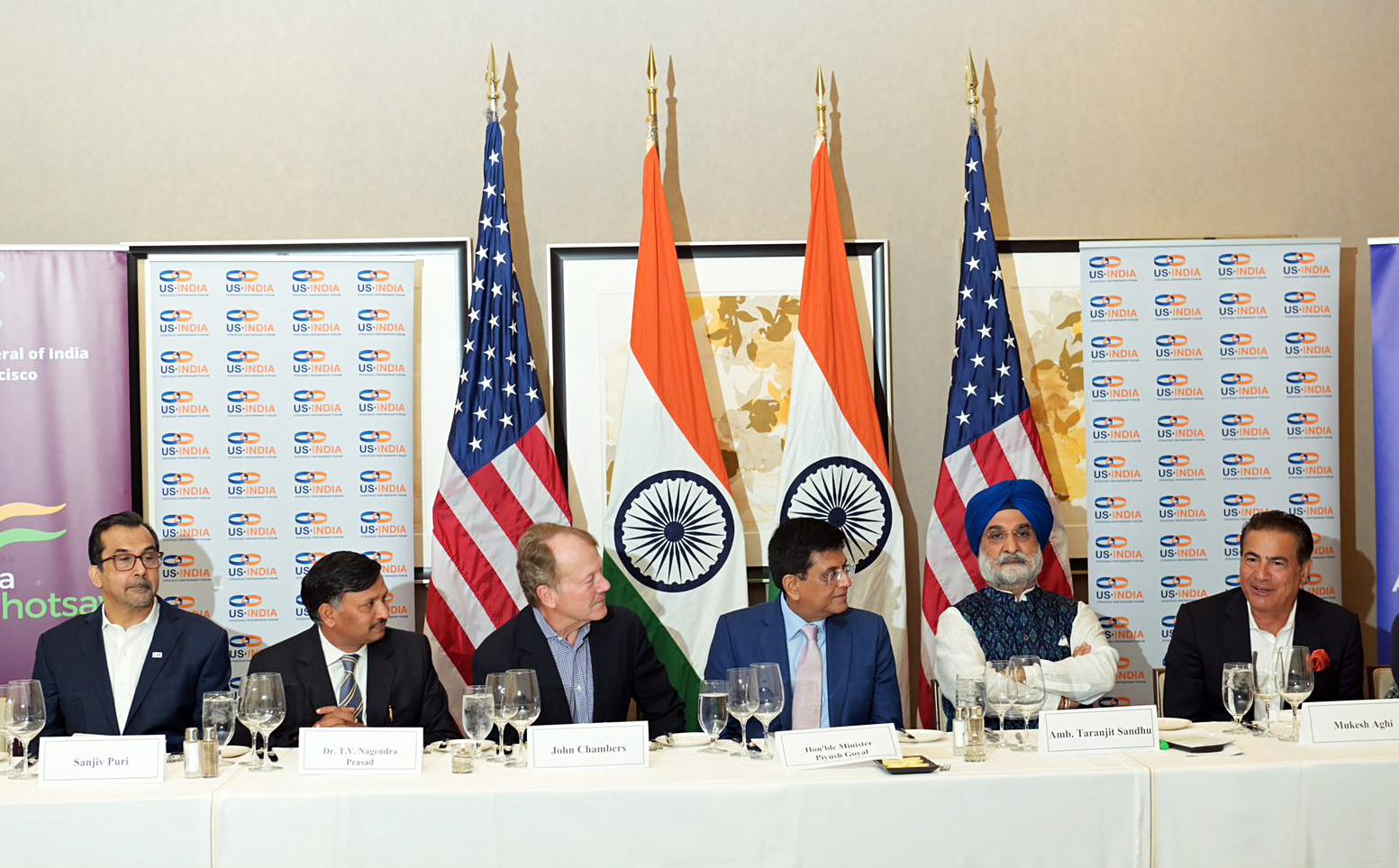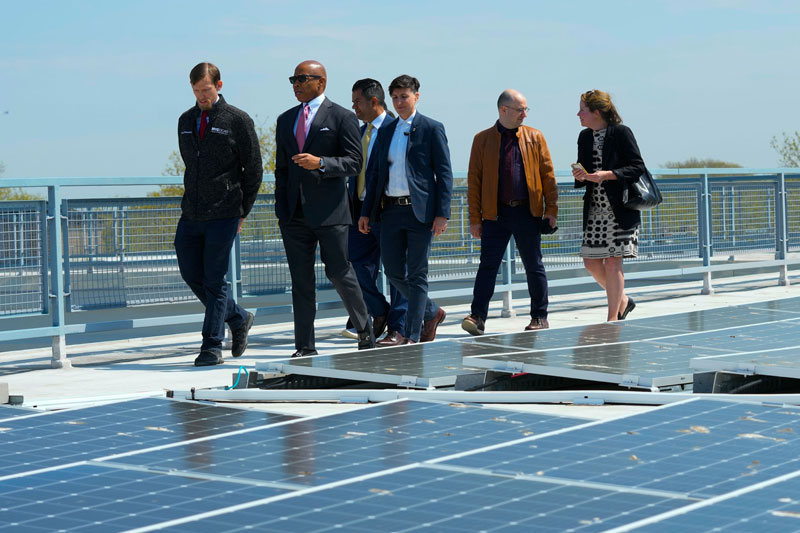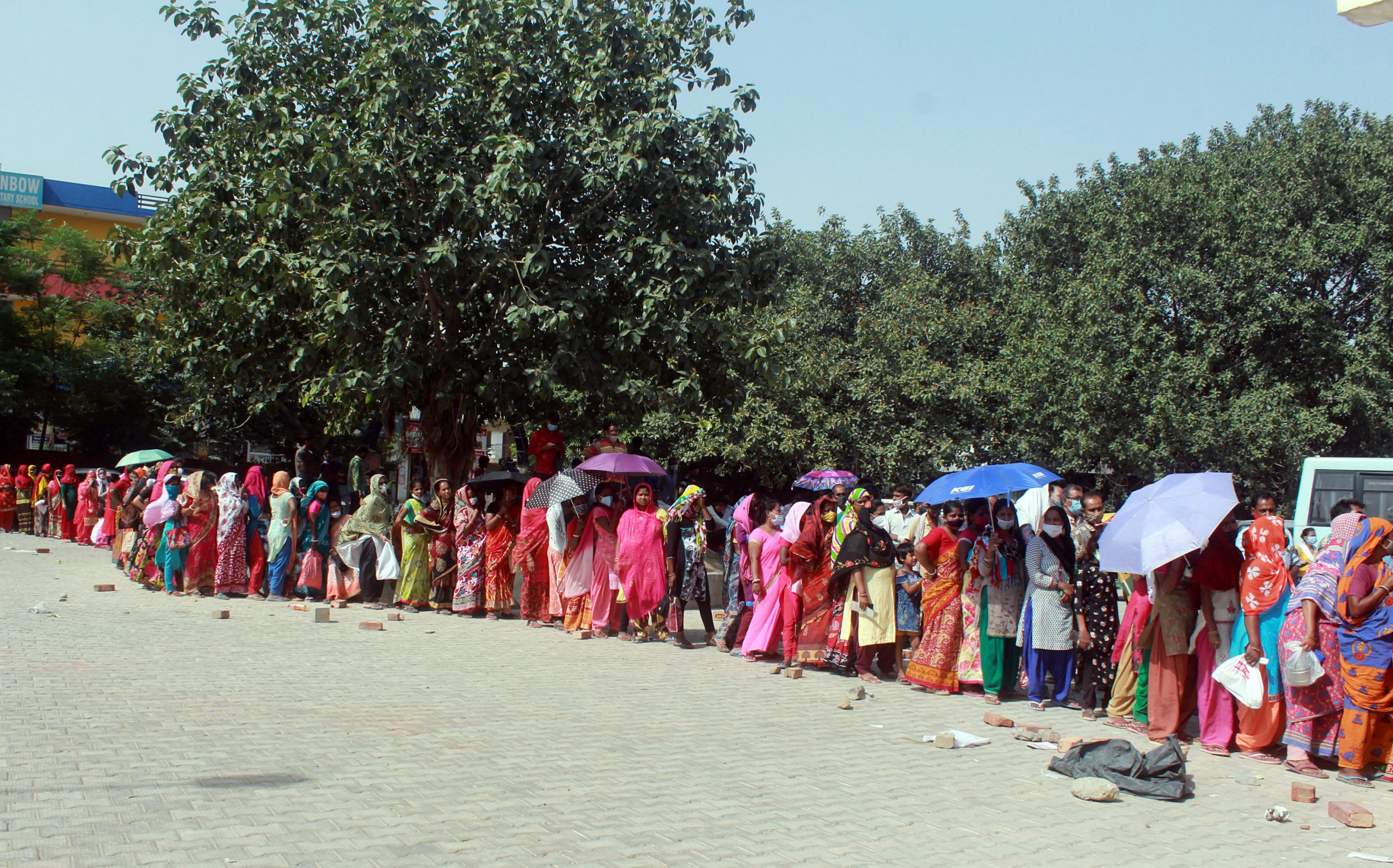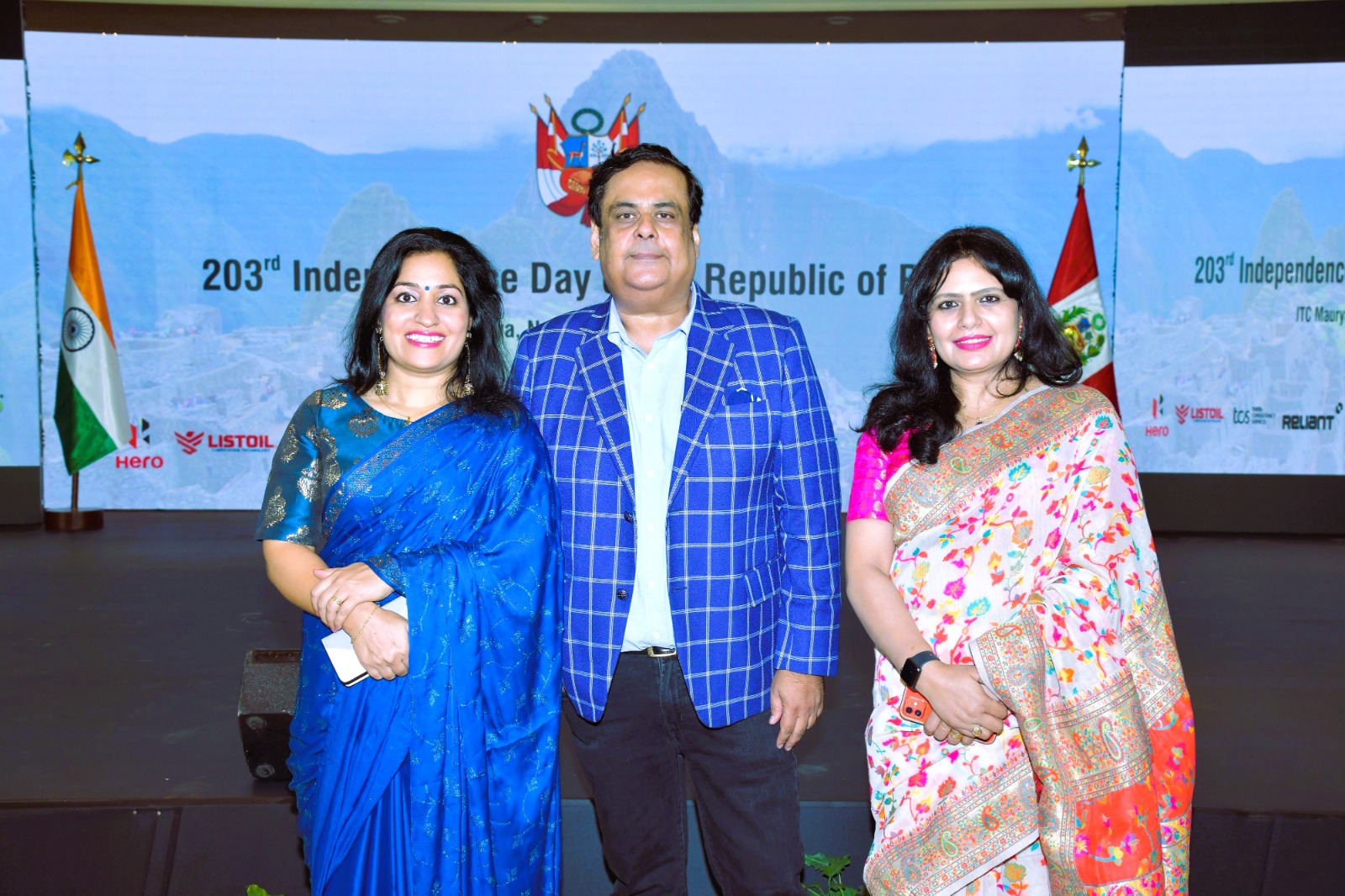COP26 in Glasgow: India urges the global community to make solar power the priority in energy deployment at the COP26 climate summit
Our Bureau
Glasgow (UK)
Scaling up India’s ambitious agenda to combat climate change, Prime Minister Narendra Modi on Monday announced five “amrit tatva” at the COP26 Summit including the target to attain net-zero emissions by 2070.
Delivering the National Statement at the COP26 Summit in Glasgow, he said India will increase its capacity of non-fossil energy capacity to 500 GW and meet 50 per cent of its energy requirements through renewable energy by 2030. He also said that India will make one billion tonne reductions in total projected carbon emissions and reduce carbon intensity in its economy to less than 45 per cent by 2030.
“In the midst of this brainstorming on climate change, I would like to present five ‘Amrit tatav’ on behalf of India,” he said. “India will take its non-fossil energy capacity to 500 GW by 2030. Second, India will meet 50 per cent of its energy requirements from renewable energy by 2030. Third, India will reduce the total projected carbon emissions by one billion tonnes by 2030. Fourth, by 2030, India will reduce the carbon intensity of its economy to less than 45 per cent. And fifth – by 2070, India will achieve the target of net-zero emissions,” he said.
Foreign Secretary Harsh Vardhan Shringla on Tuesday said that India’s new target of net zero emissions by 2070, announced at the 26th session of the Conference of Parties (COP26) in Glasgow, is based on “scientific projection”.
Modi has now set a target of 500 gigawatts and he is not doing it under any pressure. “The only pressure on him is the pressure of humanity the pressure of our own future, and I think that is very, very important,” Shringla said in a briefing about India’s National Statement at the COP26 Summit in Glasgow. He further pointed out that India is not going to be pressurized, will not be pressurized and has never been pressurized in any way. It is important that we are doing it of our own volition.
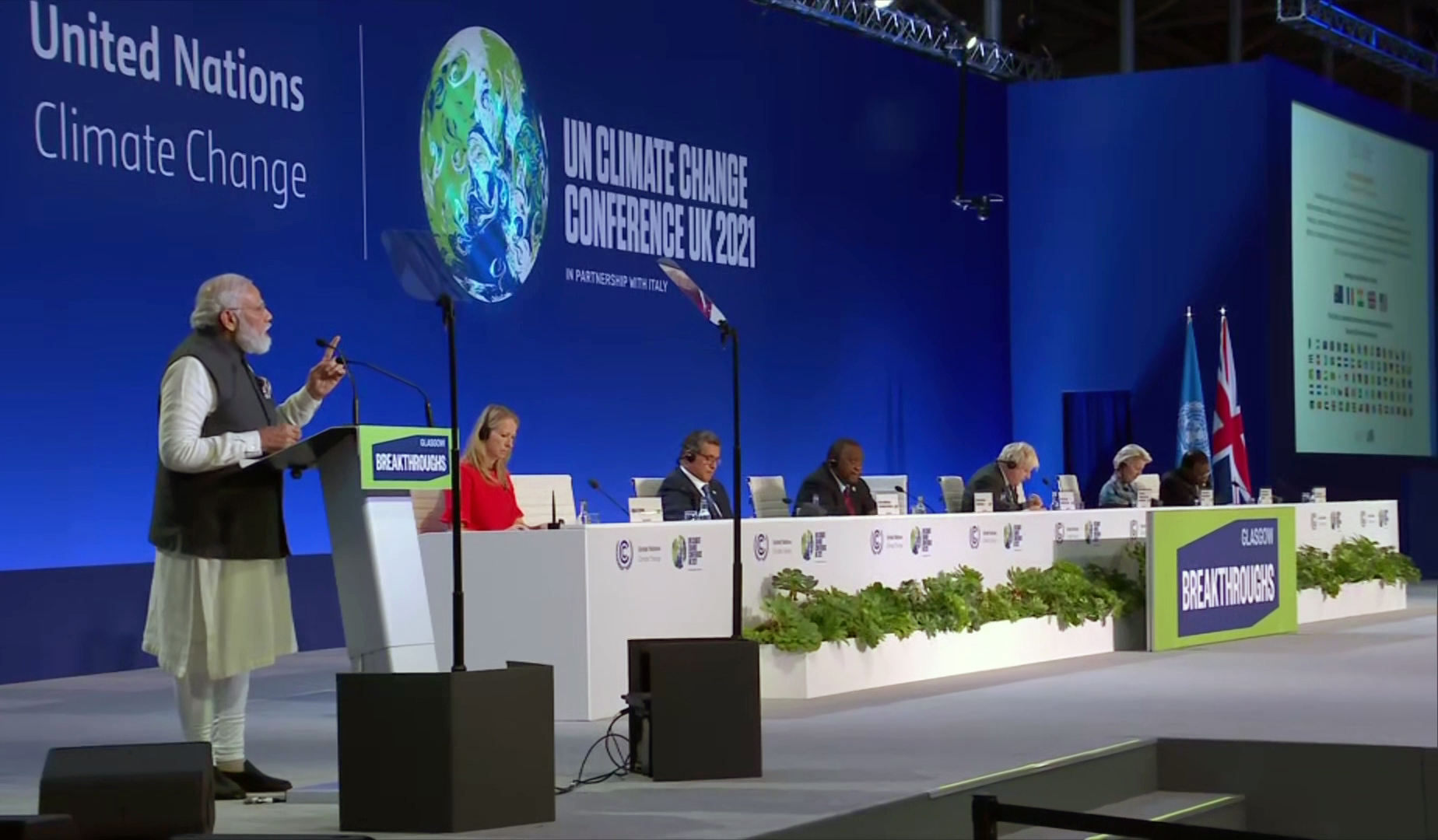
“I think it is also based on scientific projection. If you see the projections about our own Nationally Determined Contribution (NDC) that reset in 2015, if you see the rate of our achieving those commitments made in 2015, there is every reason to feel that at that rate of achievement and the levels at which our prime minister has picked our commitments on Monday, 2070 is something that would be doable, and it is a commitment that is based, as I said on science, but also based very specifically on the desire to contribute very significantly to the overall effort on climate change.”
He also said that PM Modi’s announcement on net-zero emissions is “very significant for India and the rest of the world.”
Foreign Secretary, during the briefing, also said that “Prime Minister Modi has outlined very clearly, India’s own, let’s say our own progression that has led up to the net-zero situation and he has said that what is our own situation, we are essentially developing countries. Our focus is on bringing billions of our citizens out of poverty.”
“We are working night and day to ease standard of living in India for our citizens,” he said. “We are constituting 17 per cent of the world’s population, yet we contribute only 5% to global emissions. And yet, we are contributing very readily to the entire overall issue of climate change. Because we believe in it, as I say, Prime Minister said it’s an article of faith for him and if you see right at the end of his speech, the prime minister says that we are doing it for our future generations. Our future generations would be saved from a worse situation that could arise due to current climate change problems and that they would lead secure and happy lives,” he added.
India on Thursday urged the global community to make solar power the priority in energy deployment at the COP26 climate summit.
Minister of Environment, Forest and Climate Change Bhupender Yadav, who represented India in the special event organized by International Solar Alliance (ISA) in partnership with the United Kingdom under the theme Green Grid Initiative – One Sun One World One Grid (GGI-OSOWOG) urged that grid interconnection will play a key role in revamping regional cooperation and transition to the low carbon power system. In a keynote speech, Yadav emphasized investment in grid expansion and modernization with emphasis on solar which will enable transition in the global energy value change.

















